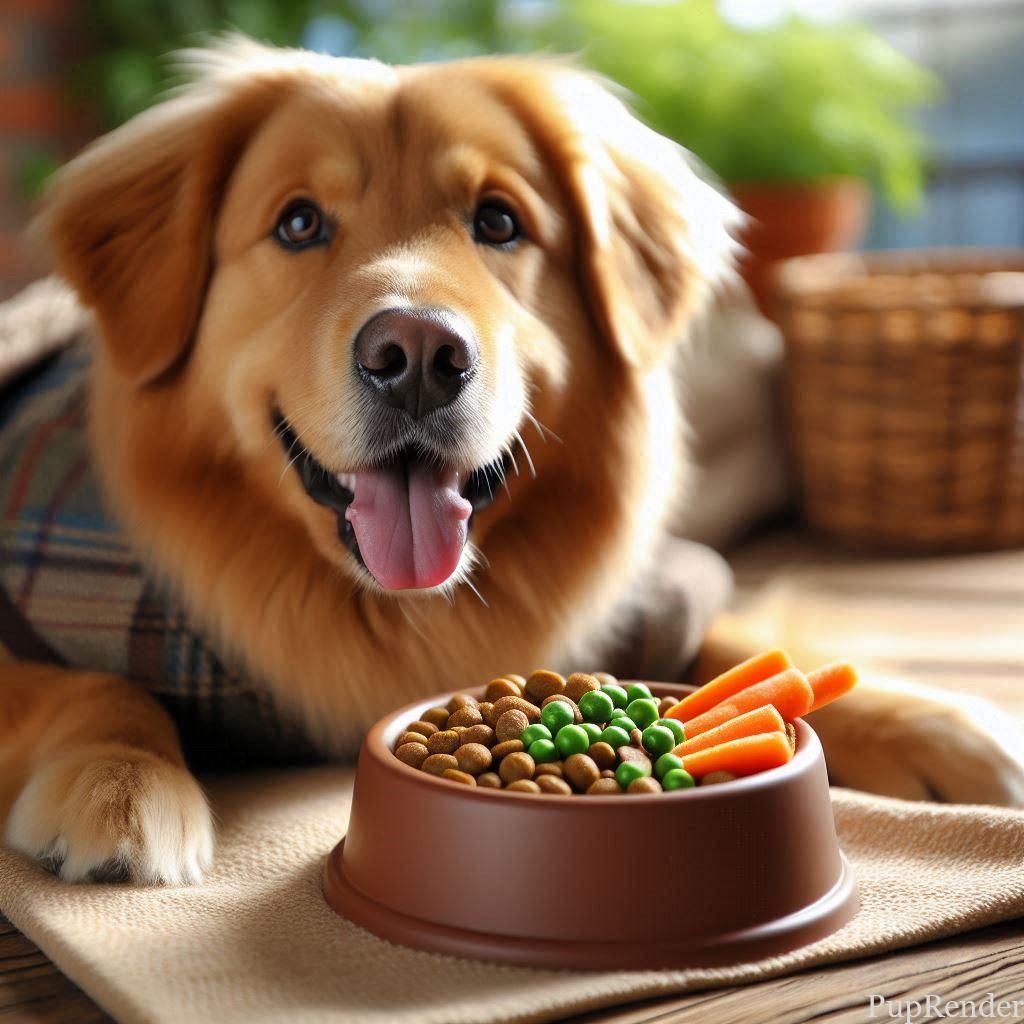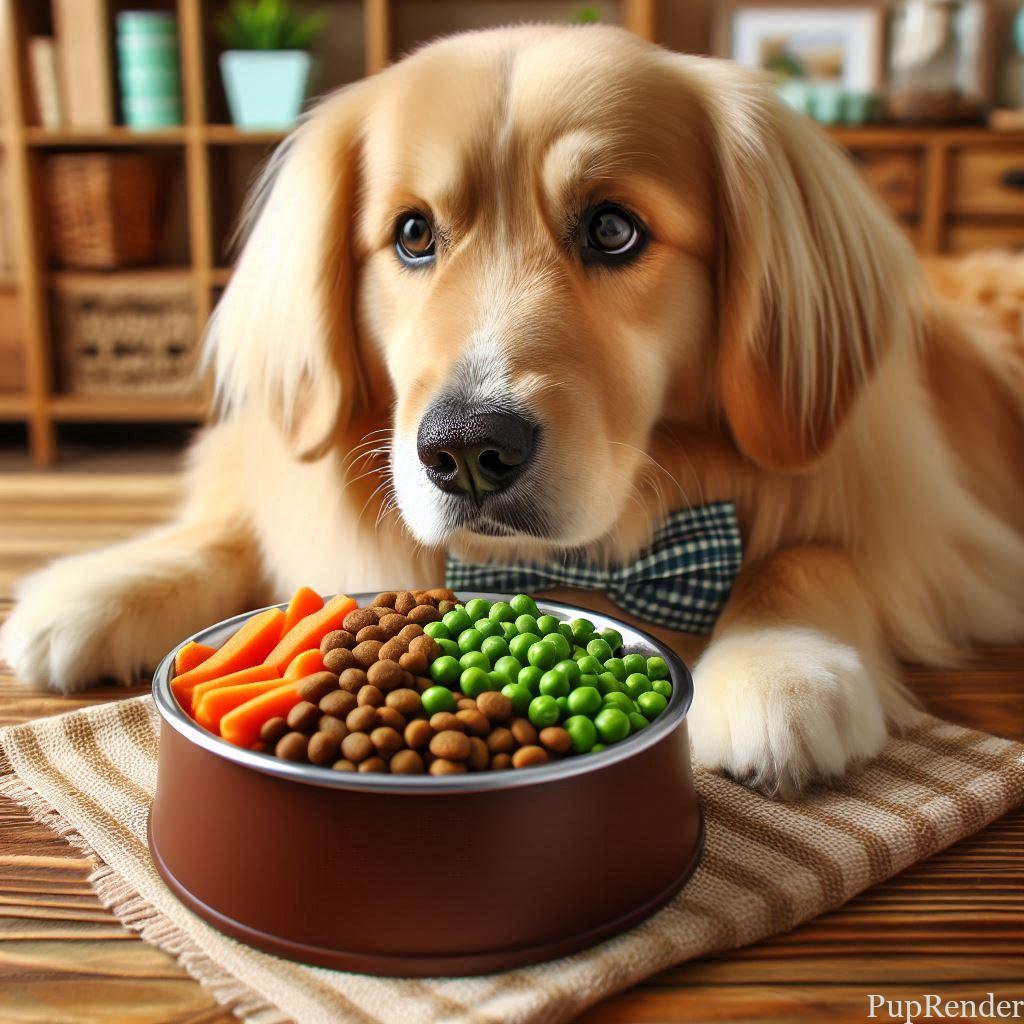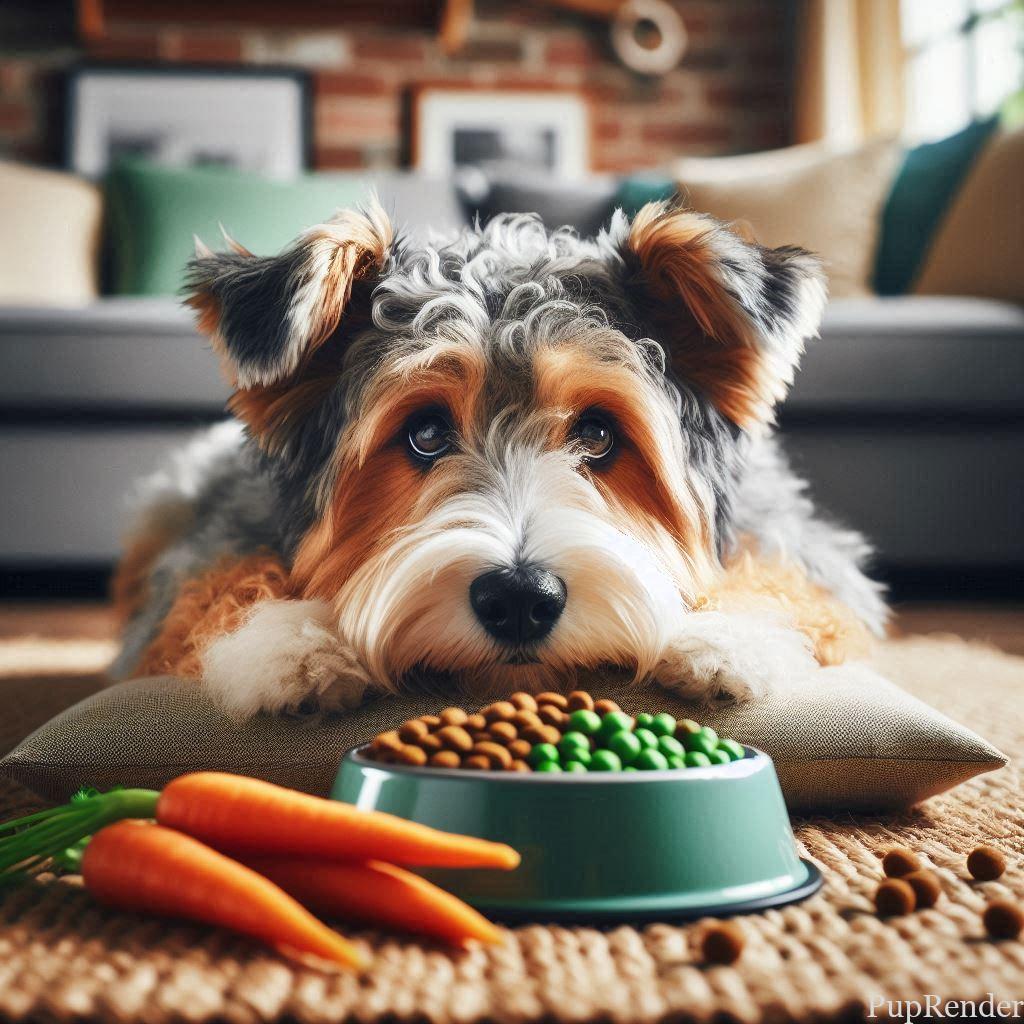How to Create a Balanced Diet for Your Dog
Providing a balanced diet for your dog is crucial to their overall well-being, health, and happiness. Just like humans, dogs thrive on a diet that includes the right balance of nutrients to support their growth, energy, and immune system. But what exactly goes into crafting the perfect diet plan for your canine companion? Let’s dive into the essentials of feeding your dog the right way, from essential nutrients to common mistakes dog owners should avoid.

What is a Balanced Diet for Dogs?
A balanced diet for your dog includes a mixture of proteins, fats, carbohydrates, vitamins, and minerals. While these components seem simple, it’s essential to get the right ratios and choose high-quality sources of each nutrient. Dogs require these nutrients in different amounts, depending on their age, size, breed, and activity level.
If you’re wondering whether your dog is getting the right nutrition, you can explore our detailed guide here: Is Your Dog Getting the Right Nutrition?

Proteins: The Building Block of a Dog’s Diet
Protein should make up a significant portion of your dog’s meals. It’s crucial for building muscles, repairing tissues, and keeping your dog’s coat shiny. Common protein sources include chicken, beef, lamb, and fish, but plant-based proteins like lentils or chickpeas can also be included for variety.
Protein-Rich Food Ideas for Dogs:
- Chicken or turkey (without bones)
- Lean beef or lamb
- Salmon or other fatty fish
- Eggs
Not sure what protein to choose for your pup? Check out our guide to The Best Dog Food Brands for All Life Stages to find protein-rich options tailored to your dog’s age and needs.
Fats: Essential for Energy
Healthy fats are another crucial component of a balanced diet. Fats are the primary source of energy for dogs, and they also help to maintain a shiny coat and healthy skin. Some healthy fat sources include fish oil, chicken fat, and flaxseed.
Carbohydrates: For Sustained Energy
Carbohydrates provide the energy your dog needs to stay active throughout the day. While dogs don’t need as many carbs as humans, they still benefit from fiber-rich carbohydrates like sweet potatoes, brown rice, and oats. These help regulate digestion and keep your dog’s energy levels stable.
Pro Tip: Be sure to avoid fillers like corn and wheat, as these can cause digestive issues in some dogs.
For more dog diet tips, check out our post on Top 7 Health Tips Every Dog Owner Needs.
Vitamins and Minerals: The Small but Mighty Nutrients
Vitamins and minerals are essential to support your dog’s immune system, bone health, and overall vitality. Ensure your dog gets these micronutrients by adding a variety of fruits and vegetables to their meals, such as carrots, spinach, and blueberries.

- Alt Text: Fresh vegetables and fruits for dog nutrition
- Title: Vitamins and Minerals for Dogs
- Caption: Fresh veggies and fruits provide essential vitamins for dogs
- Description: A mix of fresh carrots, spinach, and berries arranged to highlight the natural sources of vitamins and minerals for dogs.
Water: The Forgotten Essential
No diet plan is complete without ensuring your dog has access to plenty of fresh, clean water. Water is essential for digestion, regulating body temperature, and keeping all bodily systems running smoothly.
How to Avoid Common Diet Mistakes
Even the most well-intentioned dog owners can make mistakes when feeding their pets. Here are some common pitfalls to avoid:
- Overfeeding: Dogs often don’t need as much food as their owners think. Portion control is key to preventing obesity. Learn more about How to Manage Your Dog’s Weight Effectively.
- Inconsistent Meal Times: Feeding your dog at regular intervals helps to regulate their metabolism and energy levels.
- Feeding Table Scraps: Many human foods can be harmful to dogs. Be cautious about what you allow them to eat outside of their balanced diet.
Additional Reading:
For more detailed advice on dog nutrition, PetMD offers comprehensive insights into keeping your dog healthy through the right diet.





